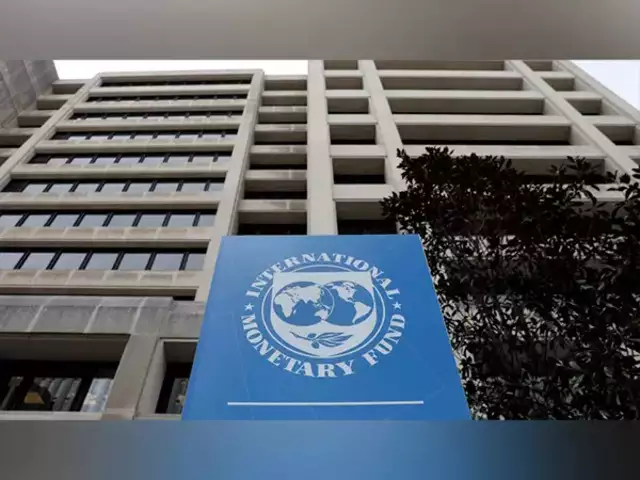PTBP Web Desk
The Ministry of Finance has categorically dismissed recent speculation suggesting disruptions in Pakistan’s ongoing International Monetary Fund (IMF) programme. The ministry reaffirmed that the programme is “progressing smoothly” and that the government is fully committed to fulfilling all agreed conditionalities.
In a press release issued on Tuesday, the Ministry of Finance emphasized the government’s steadfast approach. “The IMF programme is proceeding smoothly, with no disruptions, as the Government of Pakistan remains fully committed to meeting all the conditionalities and ensuring the successful completion of the 37-month program in close coordination with the IMF staff,” the statement read.
Finance Minister Muhammad Aurangzeb has consistently reiterated the government’s dedication to macroeconomic stability through the IMF’s reform agenda. Addressing the National Assembly Standing Committee on Finance recently, the minister underscored the importance of adhering to the programme’s framework to achieve lasting economic stability.
“In a recent briefing to the committee, the minister reiterated that adhering to the IMF program is critical for achieving lasting macroeconomic stability,” the ministry stated. It also highlighted that rumors about “hiccups” in the programme’s implementation are baseless and lack credible evidence. The statement further clarified that such speculation often stems from subjective interpretations rather than factual information.
The ministry reiterated its goal of ensuring transparency and diligence in meeting IMF obligations. The programme’s success, it explained, is pivotal to establishing a foundation for stronger, sustainable, and inclusive economic growth in Pakistan.
Aurangzeb emphasized the importance of completing the current reform agenda to avoid future dependency on IMF programmes. Speaking on Monday, the finance minister asserted, “There is no room but to stay the course of the reform agenda to ensure it is the last IMF programme and pave the way for long-term economic development.”
The minister noted that local and international stakeholders, including multilateral and bilateral partners and think tanks, have urged Pakistan to maintain its reform trajectory. Key areas of focus include taxation, energy sector reforms, public finances, and state-owned enterprise (SOE) restructuring.
In September, the IMF Executive Board approved a $7-billion Extended Fund Facility (EFF) for Pakistan. This 37-month programme represents a significant milestone as the IMF rarely discusses comprehensive reform plans ahead of a programme’s review. The first review of Pakistan’s reforms under the current programme is scheduled for the first quarter of 2025.
The facility aims to address Pakistan’s fiscal and external imbalances while fostering economic resilience. The government’s adherence to the agreed measures is expected to stabilize the economy and attract foreign investment, thereby ensuring sustainable growth.
The ministry assured that the government’s efforts to implement reforms are being carried out with full transparency and inclusivity. By doing so, the government aims to restore investor confidence and promote economic stability. It emphasized that fulfilling IMF conditions is crucial to maintaining macroeconomic stability and fostering long-term development.
In line with its commitment, the government has taken several measures to strengthen the country’s fiscal position. These include enhancing tax collection, improving energy sector efficiency, and restructuring state-owned enterprises to minimize losses and improve service delivery.
The finance minister’s briefing also highlighted recommendations from international organizations and local experts. These recommendations underline the importance of focusing on public sector reform, expanding the tax base, and addressing structural issues in the energy sector. Such measures are deemed essential to achieving self-sustained economic growth.
The finance ministry’s emphasis on transparency and accountability has been welcomed by financial analysts and stakeholders. The government’s approach to fulfilling IMF requirements is seen as a vital step toward creating a resilient economy capable of withstanding external shocks and reducing reliance on foreign assistance.
The government remains optimistic about achieving the programme’s objectives. With the first review of Pakistan’s reform progress due in early 2025, the focus remains on implementing the necessary measures effectively and efficiently. Successful completion of the IMF programme is expected to enhance Pakistan’s global financial standing and create a conducive environment for economic growth.
The finance ministry’s consistent communication regarding the programme’s progress underscores its commitment to building confidence among local and international stakeholders. As reforms continue, the government’s focus on inclusivity and transparency will play a critical role in achieving sustainable economic stability.




